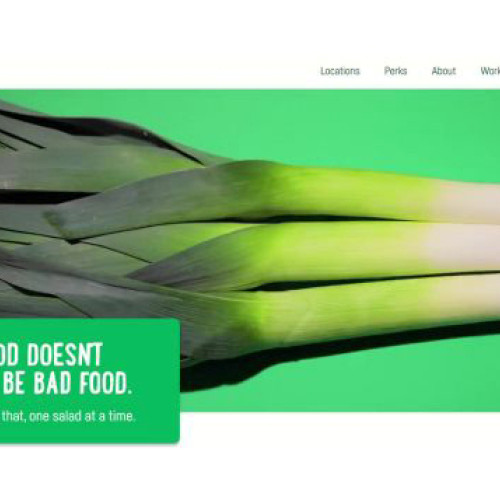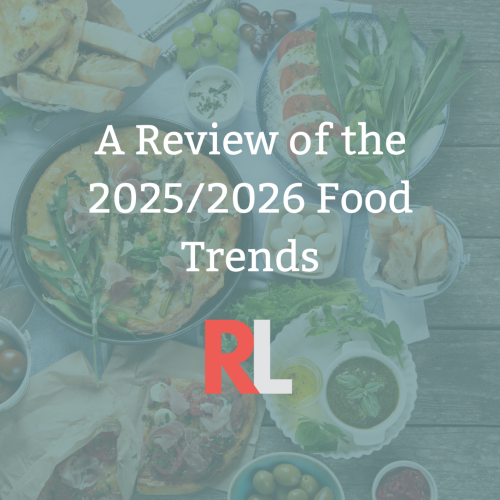Biofuels 101
With the climate crisis at the forefront of everyone’s mind, eradicating the dependence on fossil fuels such as petrol and diesel is at the top the environmental agenda. Many foodservice operators have already made a switch to renewables, with electric based vehicles and solar powered offices and factories becoming a more common sight, whilst chefs are looking at more sustainable equipment that saves energy as well as costs. ~In recent years, the word biofuel is cropping up in the narrative more and more, but what does biofuel actually mean? This blog post explores a brief overview of what the most common types of biofuels are, and what benefits it offers.
What is Biofuel?
Biofuel is defined as fuel immediately derived from living matter, such as plants or animals – as opposed to the geological process of fossil fuels. Like fossil fuels, biofuel can exist in either solid, liquid, or gas state.
What are the types of Biofuels?
There are six key kinds of biofuel, the most common of which are biodiesel and ethanol.
1. Wood
The most basic biofuel that people are likely to have used themselves, is wood. Derived from trees to form firewood, sawdust, chips, charcoal, and pellets. Wood is great as it can be easily used, and with proper forestry management, is very sustainable.
2. Biogas
As the name implies, this fuel source exists in a gaseous state. It is derived from both plants and animal matter, as each contributes a key element; plants contain carbon and hydrogen, whereas animal matter contains nitrogen. These elements are combined to create a gas largely containing methane. Biogas is most commonly used by farmers at the start of the food chain, however it is now being produced in cylinders for household use as well.
3. Biodiesel
Biodiesel is one of the most popular types of biofuels. The liquid fuel is produced from renewable sources, including new or used fats and oils, like vegetable cooking oil. These are then combined with alcohol in several chemical procedures which require esters, to produce a non-toxic, biodegradable, and cleaner alternative to petroleum-based diesel. Biodiesel can be used to power compression engines – i.e any vehicle which uses diesel – when blended with petroleum-based diesel.B20 (a blend containing 20% biodiesel and 80% petroleum diesel) is the most common, though some vehicles can utilise B100 (pure biodiesel). This has been used as part of McDonalds marketing campaign on their vehicles for a number of years.
4. Ethanol
Known primarily as an alcohol, ethanol is another liquid biofuel, and one of the most common. It is created through fermentation of high-carbon biomass, mainly sugars and cellulose, like sugarcanes. Due to how ‘clean’ ethanol is, it’s often blended with other fuels to reduce carbon emissions. Brazil has successfully powered vehicles with 100% ethanol, thanks to their large-scale sugarcane production, but this has yet to be a major force in the UK to date.
5. Methanol
Like ethanol, methanol is another alcohol, which is typically used to fuel powerful engines like race cars. Remarkably similar in chemical composition to methane, the key difference between these substances is that methane is a gas while methanol is a liquid. Methanol is made by converting biomass through gasification at extremely high temperatures, in the presence of a catalyst.
6. Butanol
The final type of biofuel is another alcohol, which is also produced through fermentation. This liquid has a higher energy per unit content then ethanol or methanol, making it almost as efficient as gasoline. However, it is very difficult to produce, due to its multi-step fermentation process.
What are the benefits of Biofuel?
Biofuel is quickly gaining in popularity due to its sustainable nature; however, it offers a range of other benefits as well.
1. Sovereignty
While fossil fuels are only found in select regions of the world, and countries can therefore leverage them to control price and supply, biofuels can be produced by any country with the correct technology. Producing biofuels is much cheaper than fossil fuels. This results in energy independence, and fairer pricing.
2. Economy
Countries capable of producing biofuels would create sustainable jobs, thanks to biofuels’ renewable future. This includes construction engineers, farmers, project managers, fuel distributors, and logisticians. The dependency on countries importing fossil fuels would be eradicated, leading to energy security and economic stability.
3. Environmentalism
Despite its other benefits, the vast majority of motivation for switching to biofuels can been capsulated under its environmental credentials. In production, biofuels contain much less carbon than fossil fuels, resulting in less air pollution, and minimising the greenhouse effect. Production does not risk disasters associated with nuclear energy. Biofuels are also cleaner to use, as well as produce. Some fossil fuels like coal produce sulphur when burnt, which can contribute to formation of acid rain. Biofuels on the other hand, do not contain any sulphur at all. Due to oxygen atoms in their composition, burning fossil fuels produces less smoke and releases less carbon.
Biofuels can seem like a complex and almost futuristic solution to the climate crisis. However, many companies are incorporating these fuels to improve their business sustainability models. For example, foodservice wholesaler, Thomas Ridley, partners with a 3rdparty – Arrow Oils – to collect used cooking oil from their clients. This isthen transported to a processing plant where it’s converted into biodiesel. In2019, over 400 customers took part in the scheme.
Whether biofuels are set to become the new norm or not, it’s undeniable that the continued reliance on fossil fuels must be addressed as soon as possible – particularly as UK businesses strive for net zero carbon operations by 2050. Exploring alternative energy sources is crucial for companies across the foodservice and hospitality sector.












